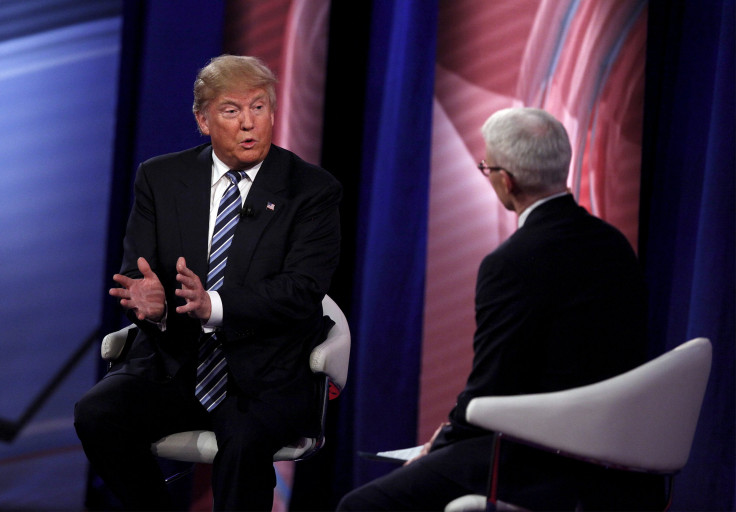South Carolina Primary 2016: Trump's Lead Shrinks, Cruz And Rubio Follow, New Poll Finds

Just one day before South Carolina Republican primary voters cast their ballots Saturday, the long-standing lead that businessman Donald Trump has enjoyed in the state has narrowed, according to a Wall Street Journal/NBC News/Marist poll.
Trump’s support dropped to 28 percent of likely Republican voters in the state, the poll found, marking an 8 percent drop from January, according to the Wall Street Journal. During that same time, Texas Sen. Ted Cruz got a slight bump to 23 percent of polled likely GOP voters. They were followed by Florida Sen. Marco Rubio at 15 percent, former Florida Gov. Jeb Bush at 13 percent and then Ohio Gov. John Kasich and Dr. Ben Carson with 9 percent each.
Averages of polls taken this month, however, show Trump in a healthier position in the state. He leads the field by an average of 14.8 percent, according to an aggregate compiled by Real Clear Politics that does not include Friday’s new poll. Cruz and Rubio are in a much closer race from that view, with just one percentage point between the two of them. The other candidate fare bunched further behind.
Still, the fact that Trump leads is significant. Pulling together a solid victory in South Carolina would be his second victory of the nominating season and would clearly cement him as the front-runner ahead of Cruz, who also won one of the early states. That status would be notable after the national press corps, pundits and even top-level Republicans initially disregarded Trump’s popularity in the polls as fleeting and based on empty celebrity appeal.
But, South Carolina has other important roles to play in the GOP field. There remain three so-called “establishment” candidates — Rubio, Bush and Kasich — who are hoping to gain momentum and push the other two out of the nominating race before too many primary states vote. Rubio pulled of a surprisingly close third-place finish in Iowa Feb. 1. Kasich usurped his opponents in New Hampshire a week later and came in second place just a week later. Bush, who was just a year ago seen as an almost inevitable Republican nominee, has little to show for his candidacy so far except his massive fundraising totals.
Friday's poll surveyed 722 likely Republican voters with a margin of error of plus or minus 3.6 percent.
© Copyright IBTimes 2024. All rights reserved.





















